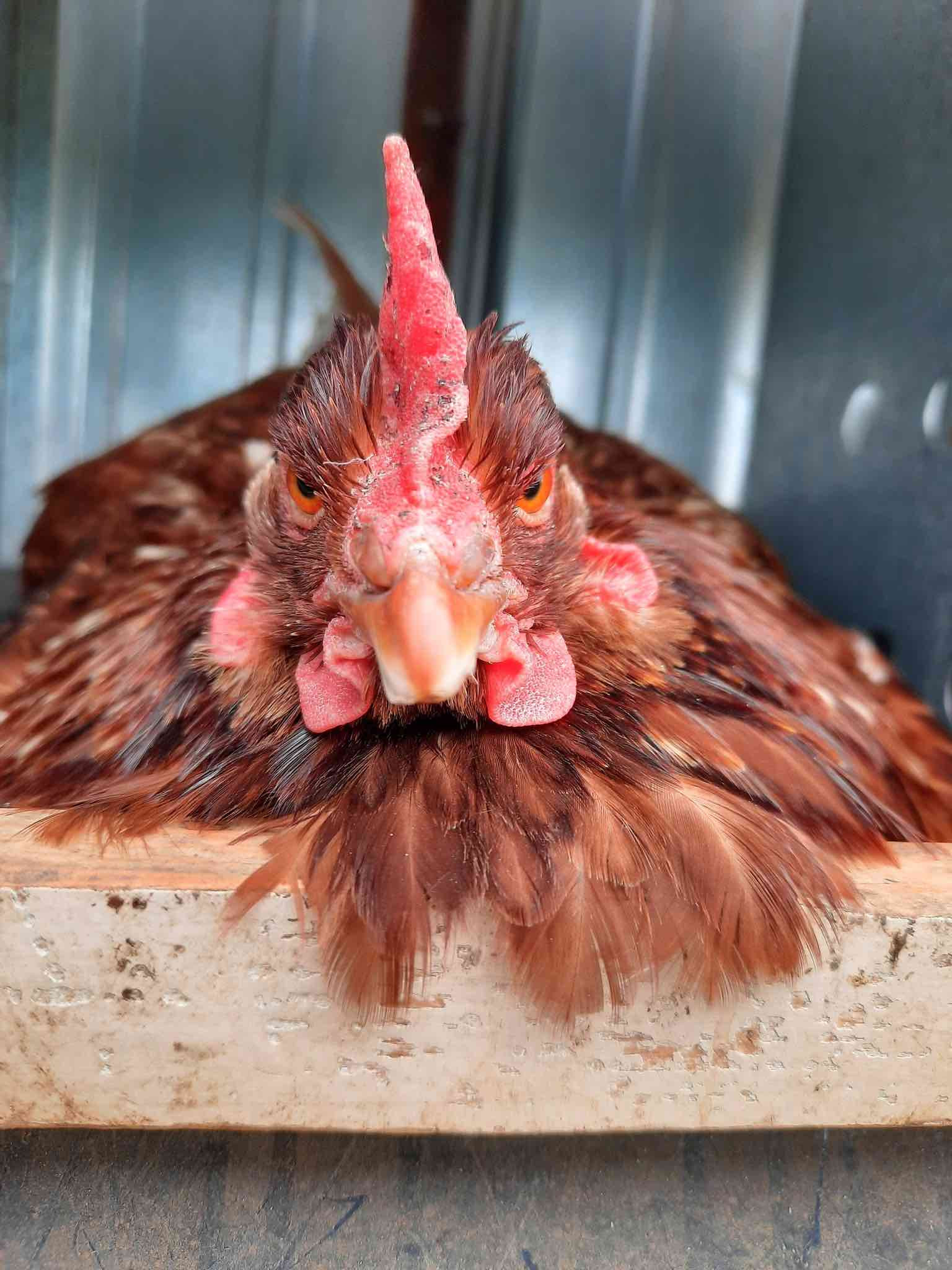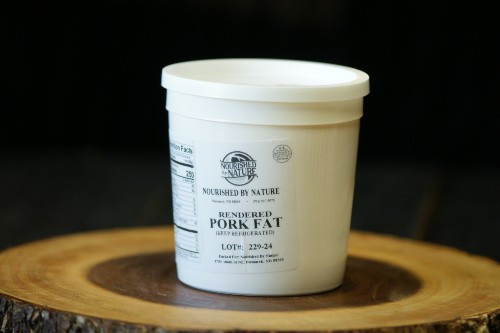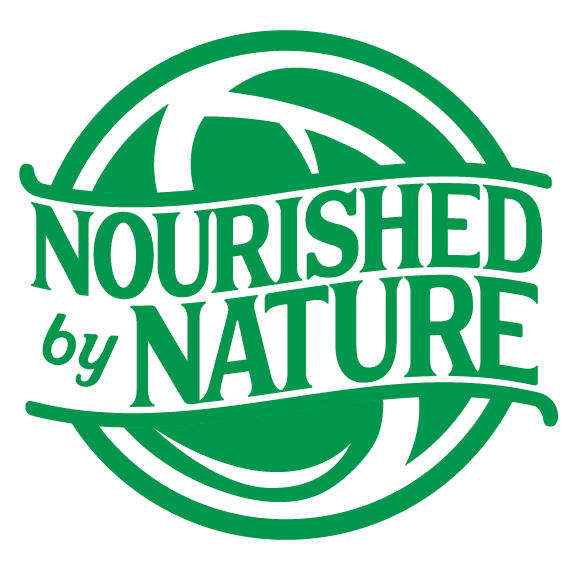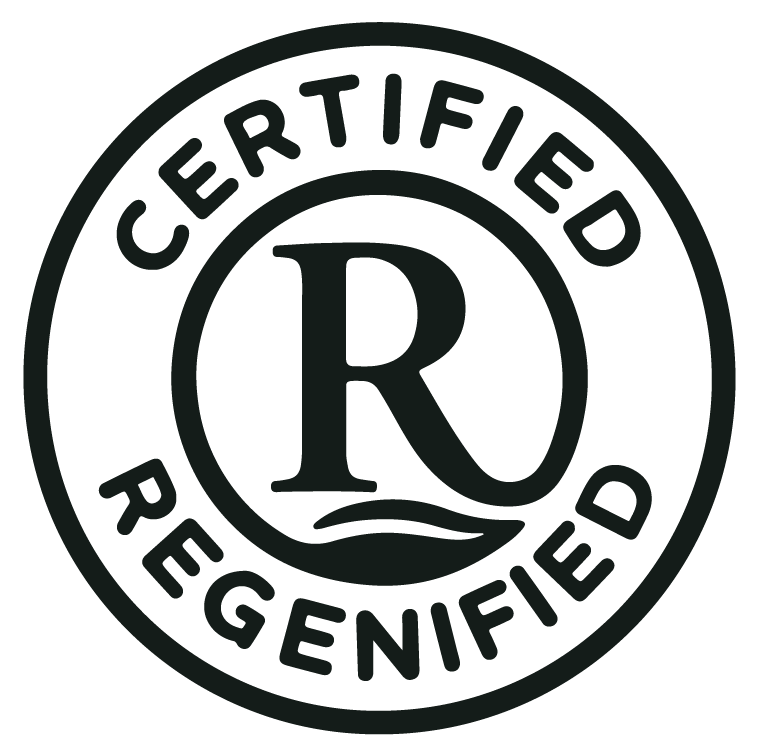Current Relationship with the BisMan Food Co-op
posted on
April 1, 2017
Hi Everyone,
I want to give you an update on recent changes in our relationship with the Bis-Man Food Co-op. As you know, the Co-op management and staff made the decision to purchase much of their meat products from out of state suppliers. We believe that they are entitled to make that decision. However, we do feel they need to adhere to the principles upon which the Co-op was founded and that there is a lack of transparency to the patrons that support the Co-op.
The three guiding principles of the Co-op are:
1. Real Food, healthy and sustainable
2. Empowered Community Members, the Co-op is a trusted source of information about food, health and wellness.
3. Strong Local Economy, fair wages to employees, fair prices to producers and charge fair prices to members.
The Co-op advertises that their new pork products are all natural, antibiotic free. That may be, but it is being sourced from a subsidiary of Perdue, the 53rd largest company in the United States. This pork is being fed GMO corn and soybeans and is being raised in confinement. Obviously, in my opinion, this does meet any of the three principles.
They are also sourcing pork from Seaboard Farms, the 3rd largest pork producers in the USA. Again, using GMO grain and being raised in confinement. Seaboard Farms does use antibiotics. Again, obviously not adhering to the three principles.
You may have also noticed grass-fed beef in the fresh meat case without any labels on it. This beef is being sourced from a company out of Missouri called Premier Proteins. When I e-mailed the company to ask them about their production practices and where their beef comes from, I received less than satisfactory answers. They wouldn’t tell me exactly where the beef was raised, but simply mentioned that it was grown in the Midwest. They did tell me that their grass-fed beef was in fact finished in a confinement situation which we all know is not good for animal well-being and for the environment.
We could go on about the other companies the Co-op is sourcing from but you get the point.
We have had several of our customers who, when attempting to buy our products at the Co-op, have questioned if the products being sold are really from Nourished by Nature and have received misleading answers. We cannot, and will not, risk our name, our reputation, and the trust of our customers. For the time being, we have decided to discontinue our sales at the Co-op until they can get a clear vision on how they will adhere to their three guiding principles.
As I mentioned in our March Newsletter, I have acted and decided to serve on the Food Policy Committee that has been developed. Members on the committee are working diligently to get a policy in place that aligns with the three guiding principles of the Co-op. It is our intent to deliver a policy that focuses on product transparency so that the patrons of the BisMan Food Co-op know exactly what they are purchasing. We at Nourished by Nature intend to supply the co-op with our products once they have a solid foundation based on transparency moving forward.
Thank you for your support and understanding.
Your Farmer,
Paul






